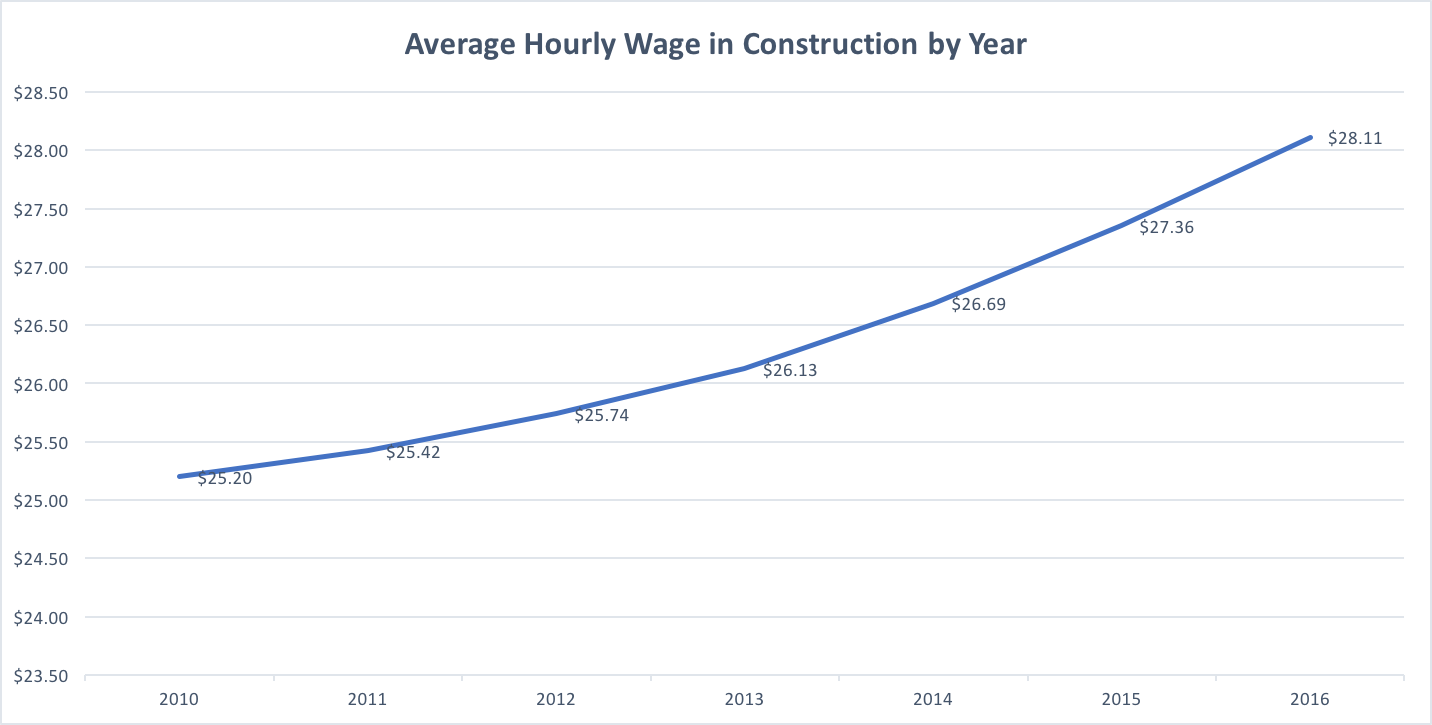
What can I do to protect my organization?Īll of this means is that addressing the labor crisis isn't a question of finding more people, instead, it's a question of creating a culture and an environment that people actually want to be a part of. Now Has 2 Job Openings for Every Person Who Is Unemployed So issues like job duties boring/no challenge, not growing professionally, career development and no opportunities for advancement, are a strong indicator that your employees' growth need is being negatively impacted.

Compensation and pay issues can also affect an employee's value need, as they are often an indicator that staff is not being valued in a monetary way that reflects their contribution to the company. When you see people quitting because they didn't feel important, they felt disrespected, a lack of support, favoritism and not being recognized for their contribution, your employee's value needs are being impacted. Value need: This is the need that connects to our feeling of worth, importance and self-esteem.So when issues of compensation (especially in the context of a living wage), benefits such as health care, child care issues, and working too many hours come up, your employees' foundation/function needs are being impacted. Foundation/function need: These are the needs that primarily link to the things we need to be able to function in our society.So, what are just some of the universal needs that are at the root of this worsening labor crisis?


They are no longer willing to do a job that is detrimental to their physical, mental and emotional well-being. When you look at the patterns and trends across the last decade, the big picture becomes clear - employees have realized that they are no longer willing to work in roles and for employers that consistently compromise their universal needs.

Related: How Leaders Can Beat the Labor Crisis So what's the real cause? Going back to 2015, The Business Journals shared that five reasons that research had shown to cause people to leave were that they weren't growing professionally, they weren't happy with the work they were doing, they didn't feel important, they lacked support to do their jobs well and they weren't paid enough.Īnd looking back 10 years to 2012, Leader Chat shared that the top 10 reasons people quit were limited career/promotion opportunities, supervisor lacked respect/support, compensation, job duties boring/no challenge, supervisor lacked leadership skills, work hours, unavoidable reasons, supervisor poor employee relations, supervisor displayed favoritism and not recognized for their contribution. workers left a job in 2021, as Pew Research Center reports they are (in priority order): Pay was too low, no opportunities for advancement, felt disrespected at work, because of child care issues, not enough flexibility to choose when to put in hours, benefits weren't good, wanted to relocate to a different area, working too many hours, working too few hours and employer required a Covid-19 vaccine. If you look at the top 10 reasons that U.S. But when you realize the real reasons that this trend has been not only increasing, but gaining momentum in recent years, most of the reasons are aspects of the working experience that employers can change. It is very easy to feel helpless about the situation when it seems to be caused by an international health crisis that you could not influence, change or control.


 0 kommentar(er)
0 kommentar(er)
